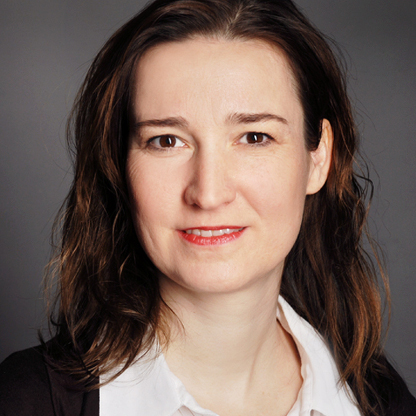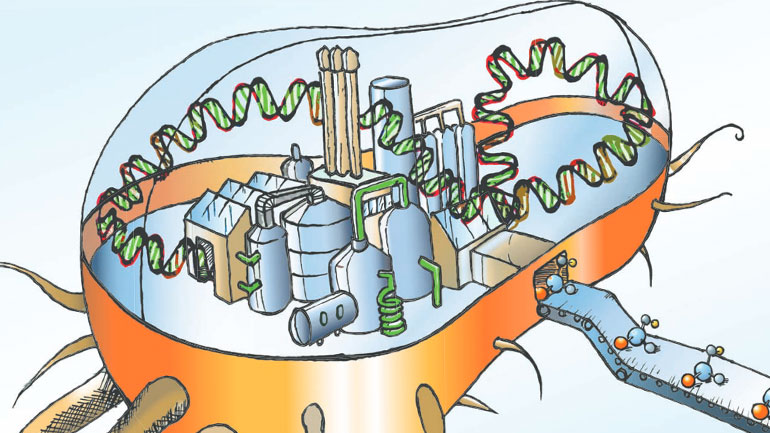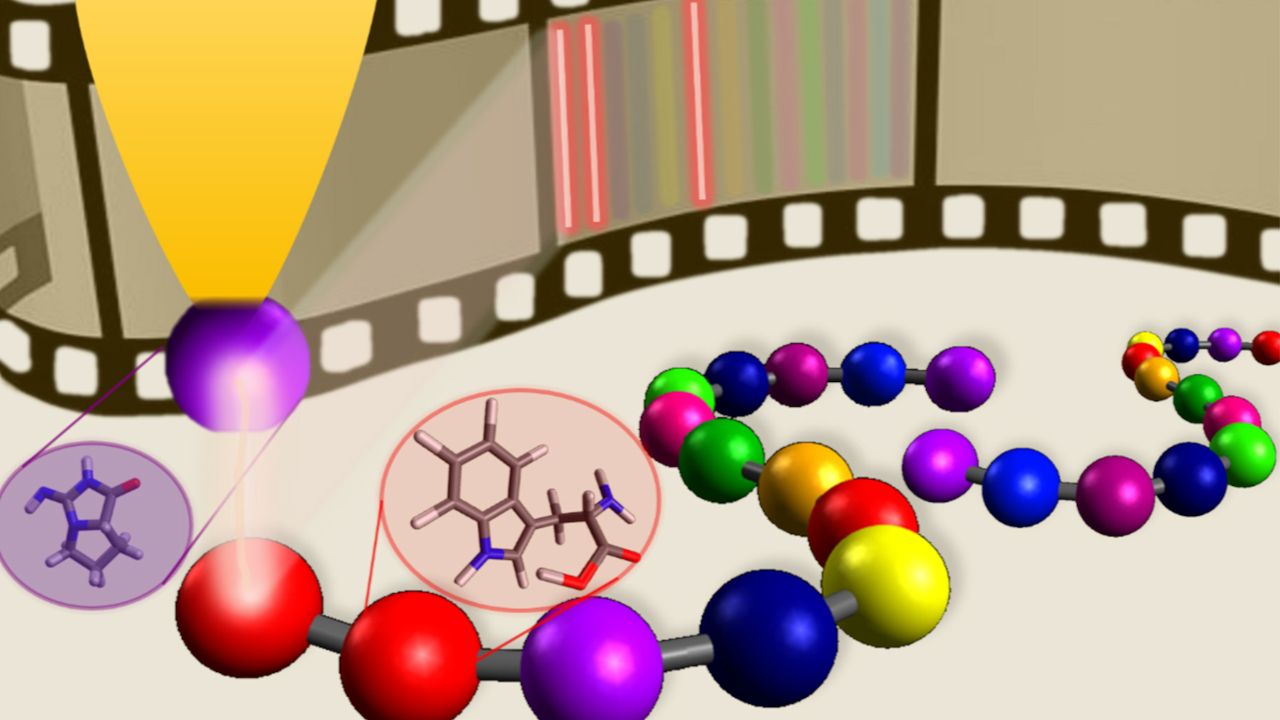Patron-goddess of poultry
Dagmar Köhler-ReppBiologist
Position:
CEO of the Ripac-Labor GmbH in Potsdam

Biologist
Position:
CEO of the Ripac-Labor GmbH in Potsdam

Dagmar Köhler-Repp was in her mid-twenties when she took the brave step into self-employment. Immediately after completing her studies, the graduate founded the veterinary vaccine company Ripac-Labor.
Dagmar Köhler-Repp was in her mid-twenties when she took the brave step into self-employment. Immediately after completing her studies, the graduate founded the veterinary vaccine company Ripac-Labor. What began as a one-person operation in the basement of her parents' apartment in Berlin in 2001 is now a high-tech company based in Science Park Potsdam-Golm. In 2014, the successful businesswoman and mother of two was named Brandenburg Entrepreneur of the Year.
If the parents as well as husband and friends from student days are included in the picture, then it is no exaggeration to call Ripac-Labor a family company. The ensemble is conducted by Dagmar Köhler-Repp, who founded the veterinary vaccine company Ripac-Labor in 2001 from the basement of the family home, with herself as the sole employee. However, as she herself admits, she was not entirely on her own: “I had fantastic support from my family.” Köhler-Repp’s father is a retired veterinarian, and still today is actively involved in the company. “Even the company name goes back to a conversation with my parents and brother,” recalls the 39-year-old. The acronym derives from the names of pathogens for significant infectious diseases in farm animals. ‘Ri’, for example, stands for Riemerella bacteria, which is associated with central nervous system disturbances in ducks, and which leads to lameness and listlessness, as well as serious lung problems.
Veterinary health in her sights
Following a diagnosis, and depending on the type and serotype of the virus, Ripac can provide so-called autogenous vaccines. The effect: If the parents are vaccinated, the offspring will carry protective antibodies and remain healthy. The wave of infection then recedes. “Back then, my father spotted a gap in how animal farmers were supplied with such vaccines,” says Köhler-Repp. “As I had always been interested in working independently, I immediately concentrated on this niche after my studies were finished.” And with no small amount of success: The former one-woman company now has 22 employees. Alongside protection for ducks and other waterfowl, Ripac also develops vaccines for chickens, pigs, rabbits and cattle. The team is always particularly pleased to get a call from a zoo. Among others, they have assisted with vaccines for okapi, seals and squirrel monkeys.
Hunting down bacteria
The Ripac customer base includes farms from all over Germany. In contrast to traditional, relatively non-specific vaccines, autogenous vaccines are not required to pass lengthy and expensive approval processes. This keeps development risk and costs to a minimum. Ripac also scores points for quick delivery: From the isolation of pathogenic bacteria from blood, faeces or carcasses to the provision of the vaccine takes about one month. “Above all, the introduction of mass spectrometry-based identification of bacterial species has resulted in huge time-savings,” says Köhler-Repp. “Using this method, we can distinguish between 2,200 species of bacteria in just one day.”
Vaccination instead of antibiotics
Ripac is now serving a growing market. As a result of increasing antibiotic resistance in clinics, there are political efforts to prevent drug resistance through a reduction in the use of antibiotics in animal husbandry. “Vaccines are currently the drug of choice for combating frequently occurring infectious diseases in farm animals. We are benefiting from this,” says Köhler-Repp of the success of her company. The native of Brandenburg was initially very sceptical: “When I started to turn those first Ikea shelves into a microbiological laboratory, I gave myself exactly one year. Although there were some quite dry spells later on, I never felt that I had to give up the project.” Twelve years later, the State Secretary of the Federal Ministry of Agriculture paid a personal visit to Ripac to deliver a multi-million euro grant approval for a development project aimed at reducing the use of antibiotics. There were no mentions of basements. Indeed, Ripac is now firmly ensconced on the second floor of the incubator Go:IN at the Science Park Potsdam-Golm.
Author: Martin Laqua


